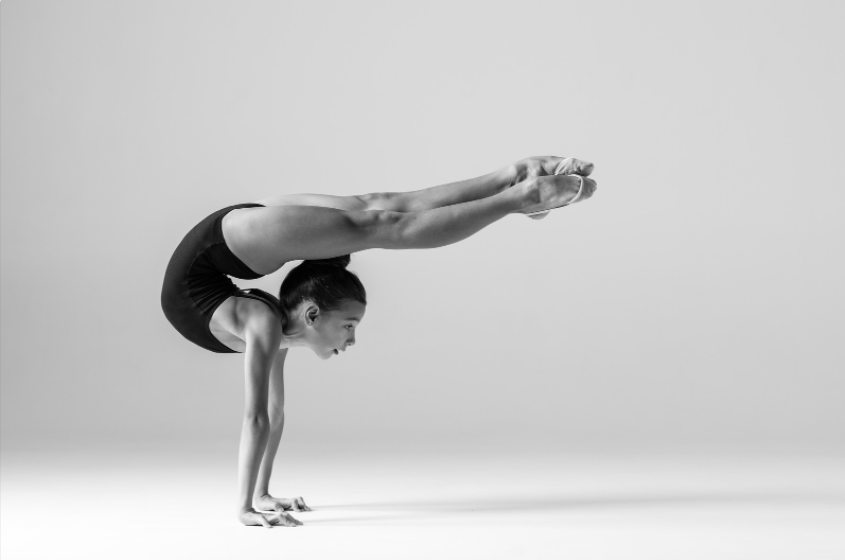
Have you ever tried to build the tallest tower you can using blocks? The blocks will stay stacked, as long as the mass of each block is centered over the base of support at the bottom of the tower. Keeping our balance as a human, while a bit more complicated, uses the same concept. No matter what position we are in, from standing on our heads to walking across a balance beam, our balance is the ability to keep our center of gravity over our base of support (be it our feet, hands, head, etc.)
Maintaining our balance is a bit more complex than stacking some blocks. Our brain coordinates input from sensory receptors (in our skin, tendons and joints), eyes, and vestibular system in the inner ear to help us maintain our balance. When we have a problem in any of these systems, keeping our balance becomes more difficult. Conditions such as peripheral neuropathy, sprains/strains, cataracts, and vertigo change the input the brain receives. When the brain receives input that is not coordinated between each system that contributes to balance, we can have increased sensations of dizziness along with having a greater difficulty keeping our balance.
It is also important to know that balance is a skill. And a skill is a learned process that requires practice and repeated use to continue to be successful. Why does this matter? If we do not use our balance and continue to challenge our balance, we LOSE our balance. When this happens, we have an increased risk of falling. Our chances of falling increase as we age, and 1 in 4 adults over the age of 65 report falling at least once per year. Falls can result in catastrophic injuries and even death.
So, what is the solution? Many falls can be prevented by maintaining our strength and flexibility and continuing to challenge and practice balance skills as we age. Exercising, group classes such as yoga and tai chi, and even physical therapy can help you improve your balance and help reduce your risk of falling as you age. Sprinkling in little balance exercises throughout your day can make a huge difference! Turn a line in a parking space into a “balance beam” and try to walk on it without drifting off of it, try to stand on one leg while brushing your teeth, or even try walking backwards down a hallway in your house.
If you would like to learn more about balance, please contact us any time. We are always more than happy to answer your questions!